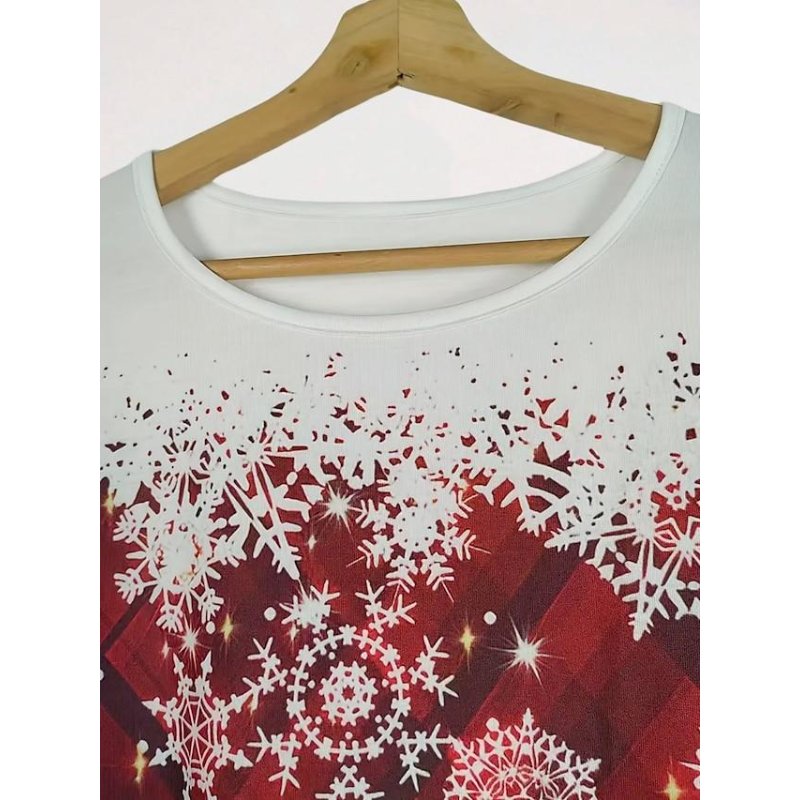Tag 1: fashion industry
Tag 2: clothing trends
Tag 3: consumer behavior
As we all know, fashion plays a crucial role in our lives. It not only affects the way we dress but also influences our lifestyle and self-expression. In recent years, the fashion industry has undergone significant changes due to constantly evolving clothing trends. These trends not only impact the design and production process but also greatly influence consumer behavior.
The clothing industry is highly competitive, with new trends emerging every season. From streetwear to athleisure, consumers are always looking for something fresh and exciting to add to their wardrobes. This constant demand for new styles puts pressure on both designers and manufacturers to keep up with changing tastes.
Fashion trend forecasting has become an essential tool for businesses in the clothing industry. Companies use this technique to predict upcoming styles and plan their collections accordingly. In today’s fast-paced world, where social media platforms like Instagram set the pace for what’s popular, staying ahead of these trends is crucial for companies’ success.
However, following rapidly changing fashion fads can also lead to overproduction and waste within the industry. Fast-fashion brands are often criticized for their unsustainable practices as they produce large quantities of cheaply made garments that quickly go out of style, contributing significantly to environmental damage.
Apart from affecting business operations, clothing trends also have a profound impact on consumer behavior. With easy access to information online about current styles and celebrities’ outfits, people are more likely than ever before to follow fashion influencers or replicate looks seen on social media platforms.
This rapid spread of trends has led consumers towards impulse buying behaviors which ultimately affect their spending patterns and priorities when it comes down choosing between quality versus quantity while shopping for clothes.
Furthermore,fashion trend cycles becoming shorter means people tend not hold onto items as long as before leading mass amounts of textiles ending up in landfills.
In conclusion, fashion trends have a significant impact on the clothing industry and consumer behavior. While staying updated with these trends is essential for businesses to remain relevant, it’s also crucial to find sustainable solutions to reduce waste and support ethical practices within the industry. As consumers, we can make conscious decisions while purchasing clothes by opting for timeless pieces over fast-fashion fads. Let’s embrace fashion trends responsibly and contribute towards creating a more sustainable future for the clothing industry.

